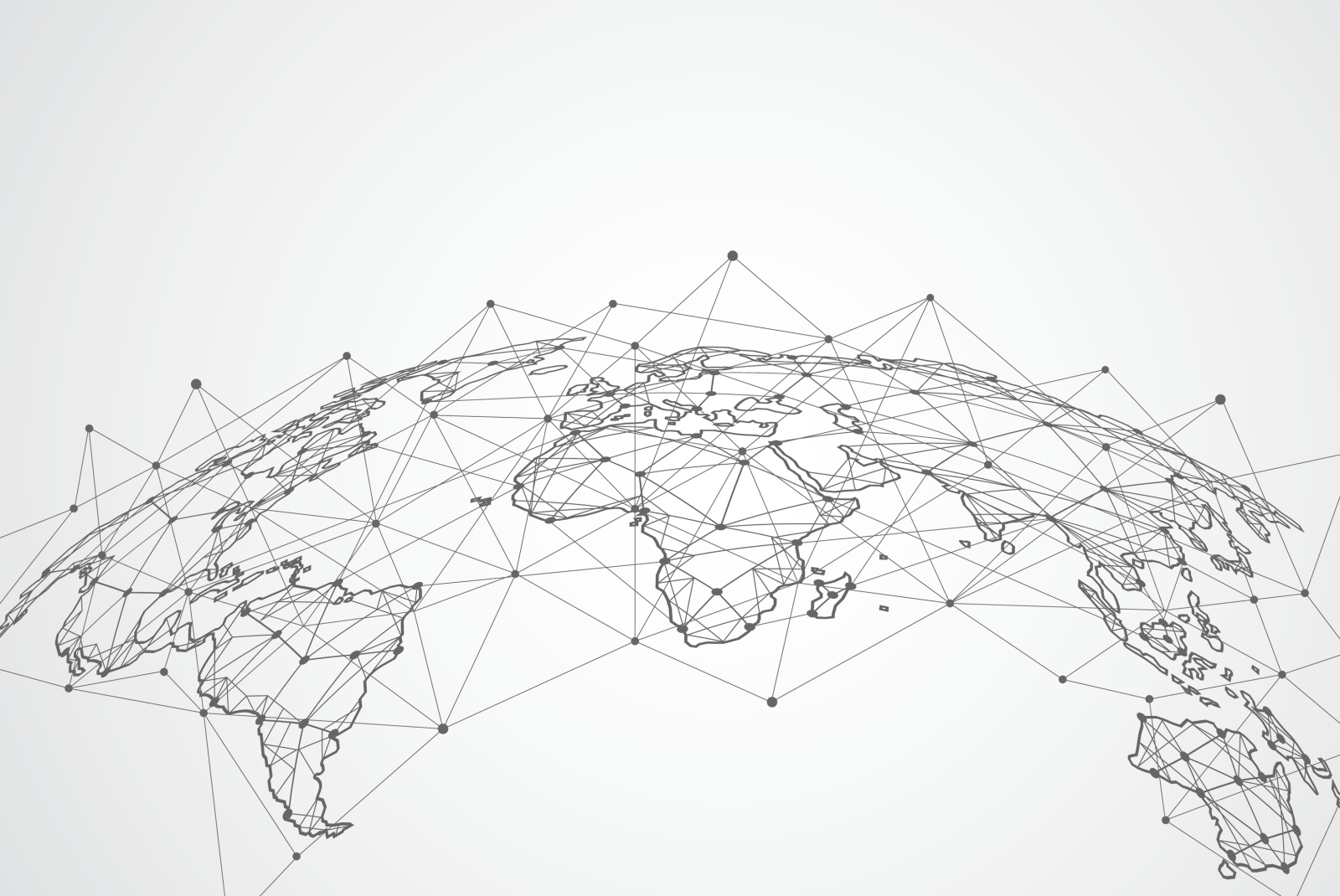Digital Middle Powers: What Strategies in the Global Tech Competition?

Practical information
Themes and regions
Related centers and programs
In an international context characterized by the ever-growing US-China economic rivalry and technological competition, states caught in the middle of this competition are increasingly having to determine which side they are on.

Digital middle powers are caught in the middle of the power play between competing models, in an emerging multipolar international system where digital technology is a determining factor of power.
This webinar will explore the strategies of several of these "swing states" – such as Brazil, India, Israel, Japan, Kenya, Russia and the UK – and discuss the main findings of Ifri's upcoming study on this topic: The Technology Policies of Digital Middle Powers.
The webinar will be held on Zoom, in English.
PROGRAM
Introduction and moderation: Alice Pannier, head of the Geopolitics of Technology Program
- Brazil: Marilia Maciel, Digital Policy Senior Researcher at DiploFoundation
- India: Trisha Ray, Deputy Director, Centre for Security, Strategy and Technology at the Observer Research Foundation
- Israel: Erez Maggor, Postdoctoral Fellow, Martin Buber Society of Fellows, Hebrew University of Jerusalem
- Japan: Mariko Togashi, Research Fellow for Japanese Security and Defence Policy, IISS
- Kenya: Grace Mutung'u, Project Head, Open Society Foundations
- Russia: Julien Nocetti, Associate Research Fellow, Ifri
- United Kingdom: Zach Meyers, Senior Research Fellow, Center for European Reform.
Watch the video of the webinar:
Related Subjects
Other events

EV Supply Chains for Japan and Europe: Strengthening Economic Security
Economic security aims to ensure the resilience of supply chains for key industries: the case of electric vehicle production in Japan and Europe will be discussed.

From Ambition to Action: Exploring Technological Partnerships with India
The 16th EU-India Summit, held on January 27th in New Delhi with European leaders António Costa, Ursula von der Leyen, and Prime Minister Narendra Modi, marks a significant milestone in deepening EU-India relations. At the same time, official bilateral visits from EU member states are on the rise, including that of the French President, who visited India in February to participate in the Artificial Intelligence Summit. As India asserts its technological ambitions and seeks to reduce its dependence on China, Europe is stepping up its efforts to diversify its strategic partnerships.






